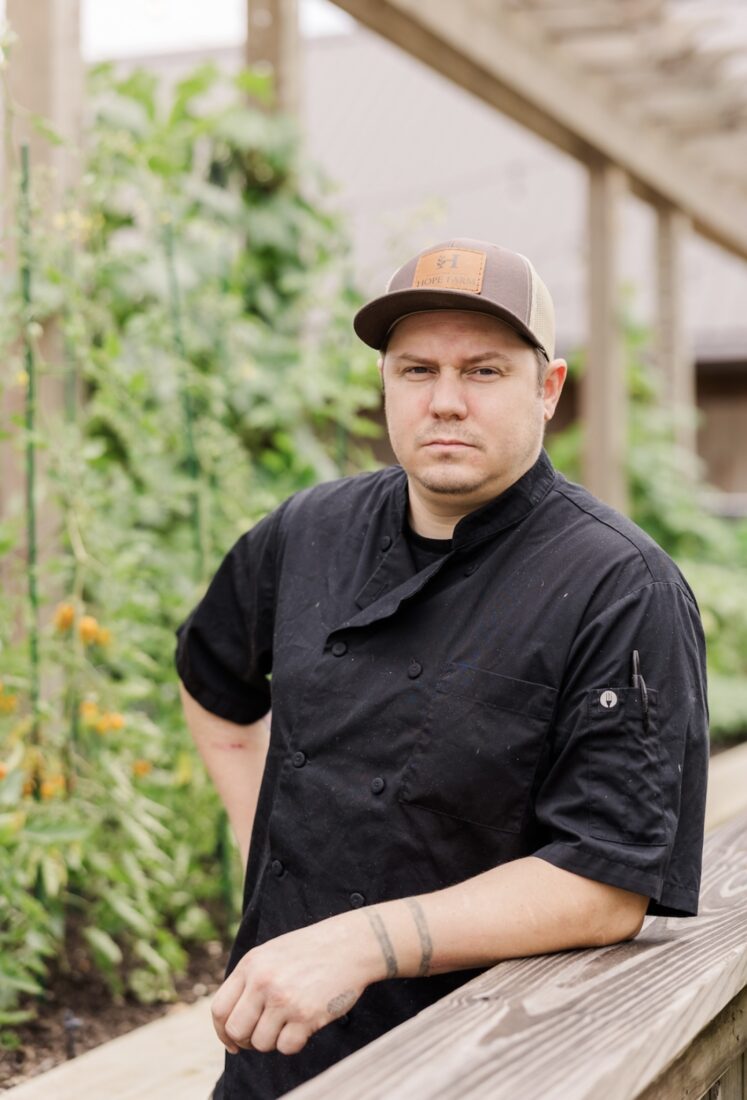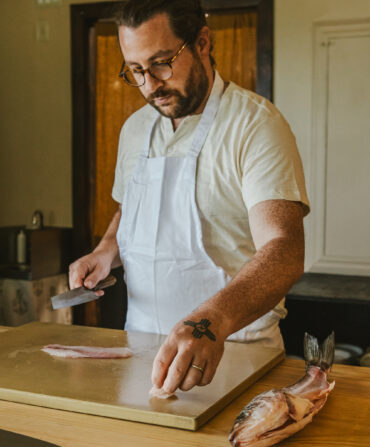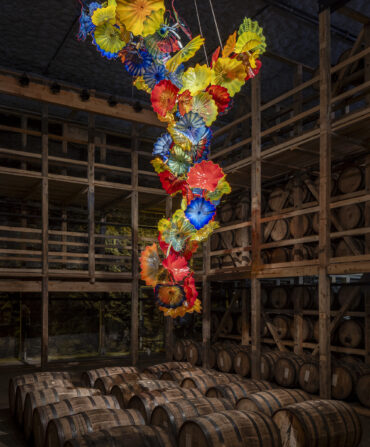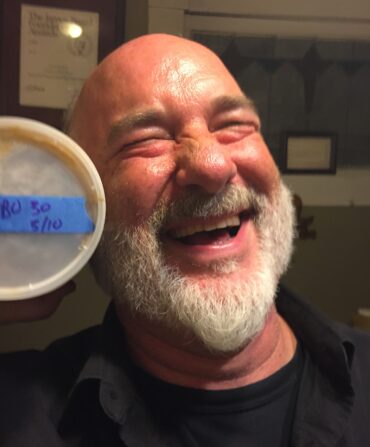When Adam Stephens, executive chef of the Hope Farm in Fairhope, Alabama, was growing up in Central Florida, food shopping meant snacking on a Styrofoam cup full of Cajun boiled peanuts. “When I was six or seven, there was a farm stand we’d pass on our way home from school. My dad would shop for produce for dinner, and I would eat a bowl of peanuts,” recalls Stephens, who carries his father’s love of local food into his menus at the Hope Farm, with the help of sustainable ingredients grown on site. “It was my dad’s idea of occupying me and my sister while he shopped. It kept us entertained and turned into an addiction.”

As Stephens grew up, moved around, and found his passion for cooking, he never lost his taste for the caviar of the South in its Cajun-spiced form. “I’ve always liked the complexity that comes with the heat,” he says.
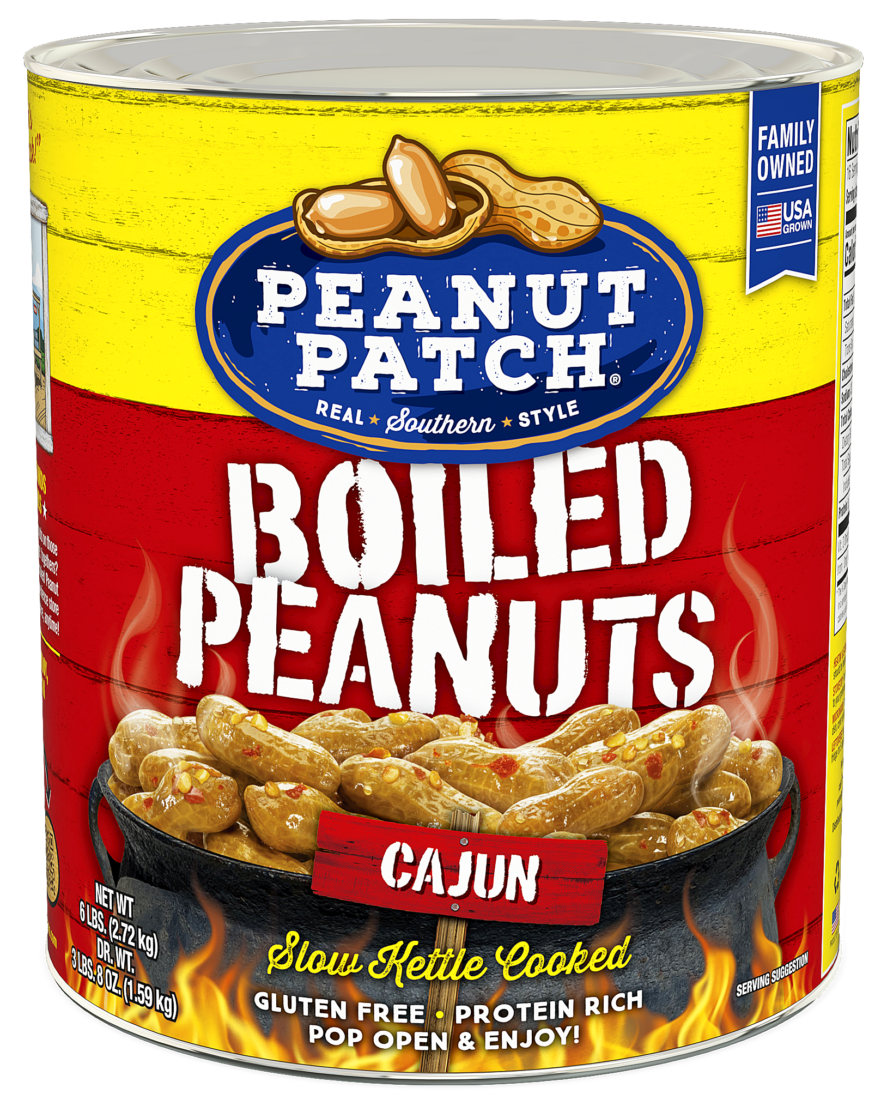
While living in Colorado, where boiled-peanut stands are scarce-to-none, Stephens stumbled upon a canned brand called Peanut Patch on the shelf at Walmart. Based in Effingham, South Carolina, the company picks locally grown green peanuts and boils them in the can with spices like red pepper, onion, and garlic—done all in one day to keep the peanuts plump and moist. “The brand is consistent in texture, spice, and salt content,” he says. “I buy them in bulk. I have twelve cans upstairs.”
Stocking up is helpful when the applications are endless. Stephens has used Peanut Patch peanuts in place of beans in a Gulf Coast chili with ground alligator, resulting in a West African flavor profile, he says. He adds them to charcuterie boards and makes Cajun boiled peanut butter. At Hope Farm, diners can sample them in a French-style ragout with braised Wagyu short rib, parsnips, and heirloom grits. Of course, Stephens likes them on their own, too, just as he did in the old days on the tailgate of his dad’s truck: “Every time we make the sauce, I eat four to five handfuls.”


